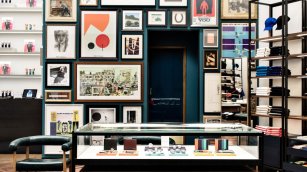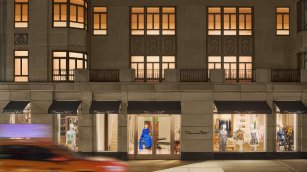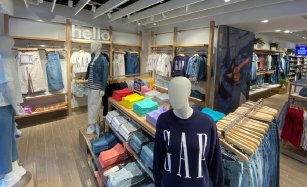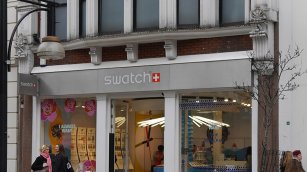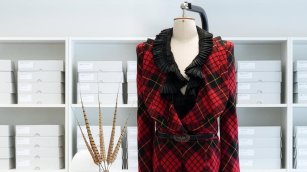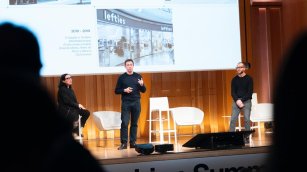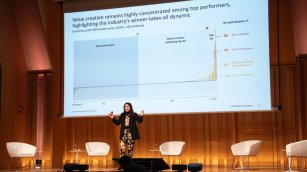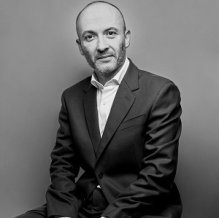Luca de Meo: From Auto Executive to Kering’s New CEO—What’s Next for the Luxury Giant?
The French group is entrusting its comeback to the former CEO of Renault, an expert in business transformation with an unconventional profile in luxury. The driving force is operations, but also design, which is what Kering needs.
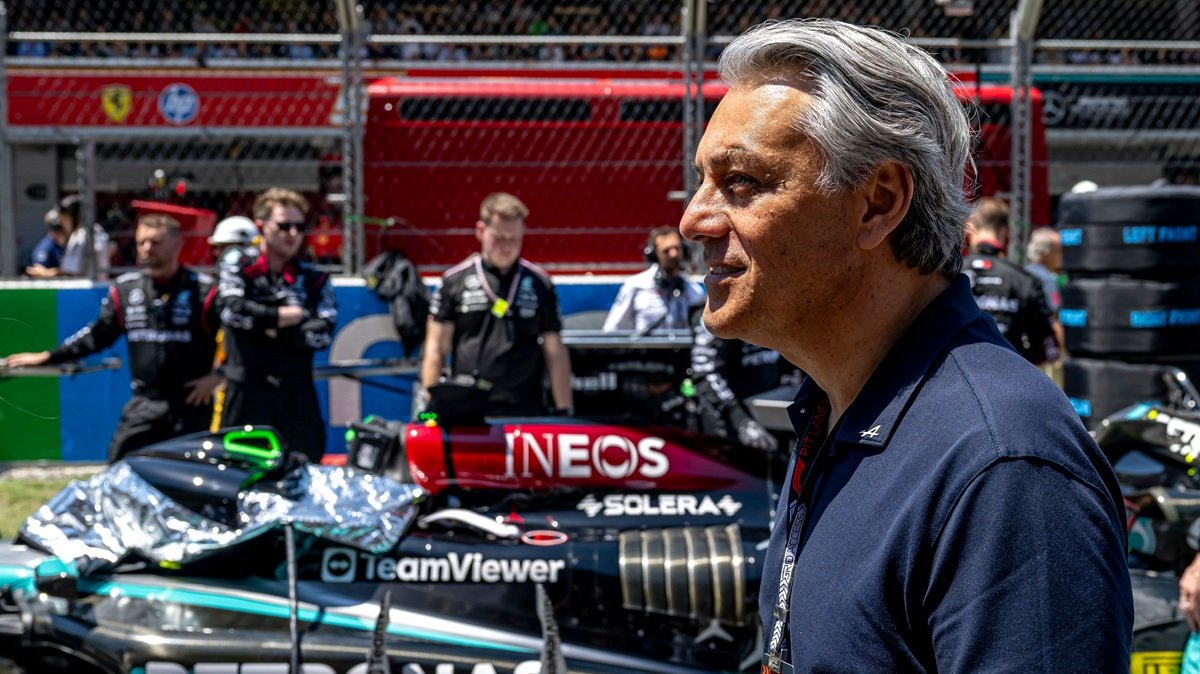

If there is one industry that can boast perfectly fine-tuned operations and, in fact, has even invented its own models, it is the automotive industry. This same industry has undergone a makeover in recent years: cars no longer just have to be safe, useful and reliable, they also have to look good. And if there is one manager who knows this, it is Luca de Meo, who has led this transformation not once, but twice. Kering, LVMH’s eternal rival, now at a low ebb, needs someone at the wheel who knows how to make things beautiful, as luxury demands, but also tidy.
Milan, 1980s. A young student at Bocconi University, son of a professor and raised among engines, begins to make his way in business management. Four decades later, Luca de Meo, born in 1967, a polyglot, with more than thirty years of experience in the automotive industry and a reputation as a reformist manager, has been appointed CEO of Kering, one of the world’s largest luxury groups.
A graduate in Business Administration from Bocconi University, De Meo speaks five languages and has held management positions at Renault, Volkswagen, Audi and Fiat. He relaunched the Fiat 500, created the Cupra brand at Seat, and has just closed Renault’s best operating year in a decade. Cupra was born within Seat in 2017 and seven years later is already 50% of the group’s sales, with cars 20% more expensive. Since 2024, Luca de Meo has carried out a similar exercise at Renault: he could not create a new Cupra, because Alpine already existed, but he reduced costs, made fewer cars and applied more design to them. In 2022, he returned Renault to profit.
Luca de Meo knows the rigors of motor operations, but he has also led a design-driven transformation at Seat and Renault.
On September 15, Luca de Meo will take over as CEO of Kering, while François-Henri Pinault will retain the chairmanship. This is the first time that the two positions have been separated since the transformation of the group into a luxury holding company in 2003. This emergency decision coincides with a storm in the luxury house. Kering has lost more than half of its stock market value in two years and has seen its operating profitability fall from 27.5% to 13.4%. The 2024 operating margin closed at 14.9%, compared to 35% for rival Hermès. Gucci, which represents nearly 50% of the group’s turnover, has not been able to take off after the creative change, and the effects of the real estate bet and the acquisitions and investments in Creed, Valentino or prime assets have shot net debt up to 10.5 billion euros.
Luca de Meo’s profile does not, however, correspond to the usual canons of the luxury sector, but to the logic of a group seeking to regain operational control and financial credibility, which gives Kering credibility in the markets. At Renault, the Milanese executive articulated the Renaulution strategic plan, which combined a severe cost-saving plan with an electrification and brand repositioning offensive.
The result: Renault closed 2024 with €56.2 billion in revenue, an operating margin of 7.6% and free cash flow of €2.9 billion. In the highly regulated, competitive and fragmented automotive sector, these results represent a profound transformation in less than five years.
Kering has lost more than half of its stock market valuation in two years and needs a shock.
A shared DNA with the maisons and a cross-cutting management strategy
The appointment not only responds to financial logic. There is also a symbolic and cultural dimension. De Meo is Italian, like Gucci, Bottega Veneta, Pomellato, Brioni or Ginori 1735. Although Kering is listed in Paris, its value network is essentially based in Italy: 88% of its supply chain is in Italy, where relations with workshops, factories and suppliers require a sensitivity that goes beyond management.
The appointment of the Milanese can also be read as a strategic nod to the Italian luxury industry, whose cooperation is indispensable at a time of transition for the maisons.
Kering brings together eleven brands ranging from Gucci to Balenciaga, from Yves Saint Laurent to Boucheron. De Meo knows how to orchestrate complex portfolios: at Volkswagen Group he simultaneously oversaw Seat, Cupra, Ducati and Lamborghini, balancing mass brands with high value-added firms. That experience should prove useful in reviving Gucci without neglecting the progress of the other houses or losing focus on the beauty division, one of the new vectors of growth for the group.
Financial discipline will be another of its trump cards. At Renault, it cut 2 billion in costs in two years and doubled cash generation. Now, in a less favorable context for luxury and with increasing pressure from rating agencies, it is expected to rationalize structures, improve margins and adjust investments after Kering’s recent phase.
Financial discipline will be one of De Meo’s trump cards at Kering, a group that has sold real estate assets to raise air.
Industrial background and family governance logic
Kering is not the first group to appoint an external profile to head a fashion company. In 2004, the Gucci Group appointed Robert Polet from Unilever. It was a controversial decision, as it meant moving from selling ice cream to heading Tom Ford’s house, but the move also proved effective. Polet quadrupled operating profit in three years.
Ralph Lauren, meanwhile, signed Patrice Louvet from Procter & Gamble in 2017. Chanel appointed Leena Nair, a talent executive at Unilever, to lead the maison in 2022. Even Ferrari relied in 2021 on engineer Benedetto Vigna to steer its technological transition.
Luxury, more and more, seems to demand managers capable of rethinking the value chain, optimizing resources and connecting with consumers who are not only moved by heritage or savoir-faire. De Meo does not come from the fashion world, but he knows how to build a brand story, reposition products and transform operations. In the current context, this outweighs fashion pedigree.
Kering is also a family business. François-Henri Pinault holds 42% of the capital through Artémis, the holding company founded by his father François Pinault. The new CEO is no stranger to this type of structure. At Fiat he worked under the umbrella of the Agnelli family, and at Volkswagen under the eye of the Piëchs. He knows how to operate among large shareholders, cross-interests and patrimonial logic.
The question is whether his leadership model based on analysis and austerity, industrial vision and effective marketing can adapt to the volatile, creative and emotional rhythm of luxury.


